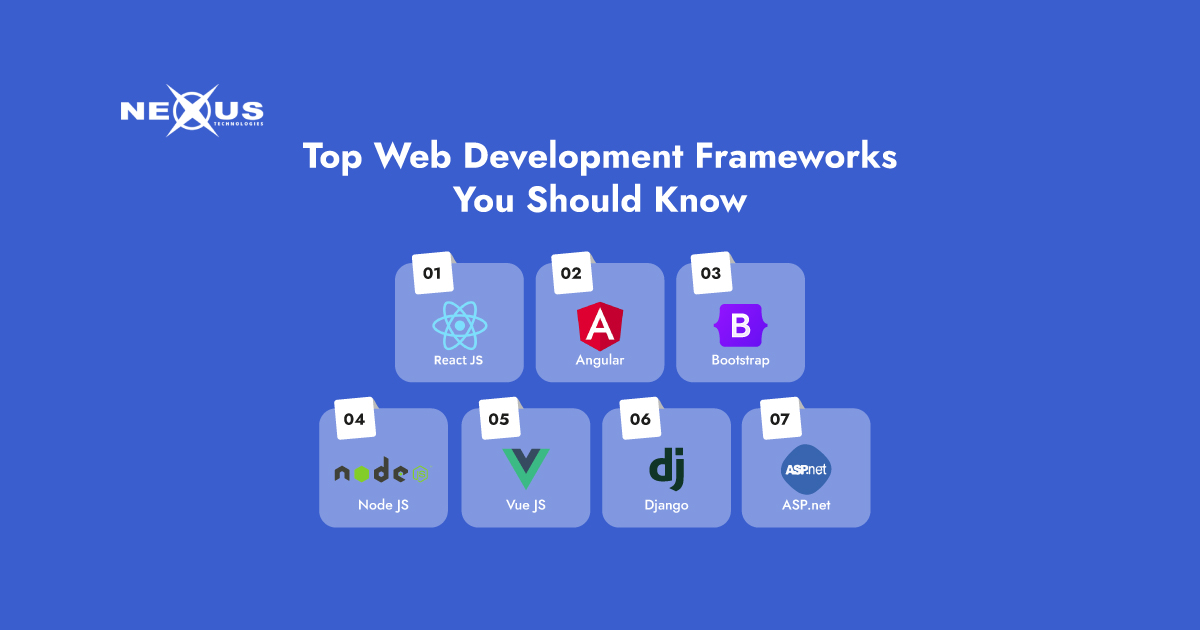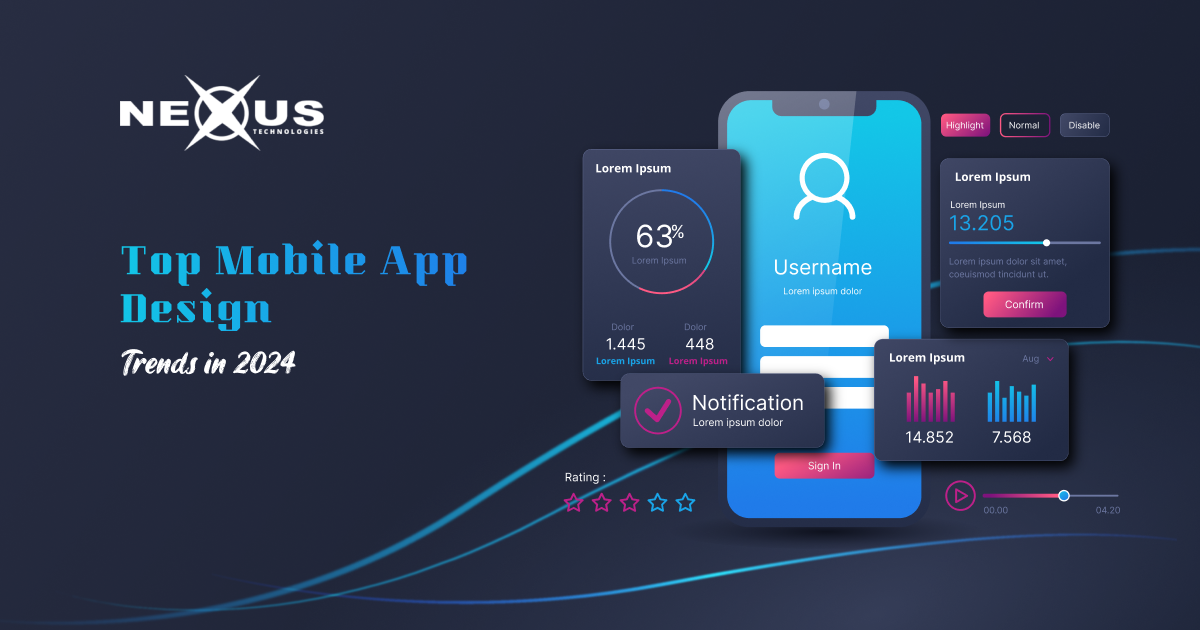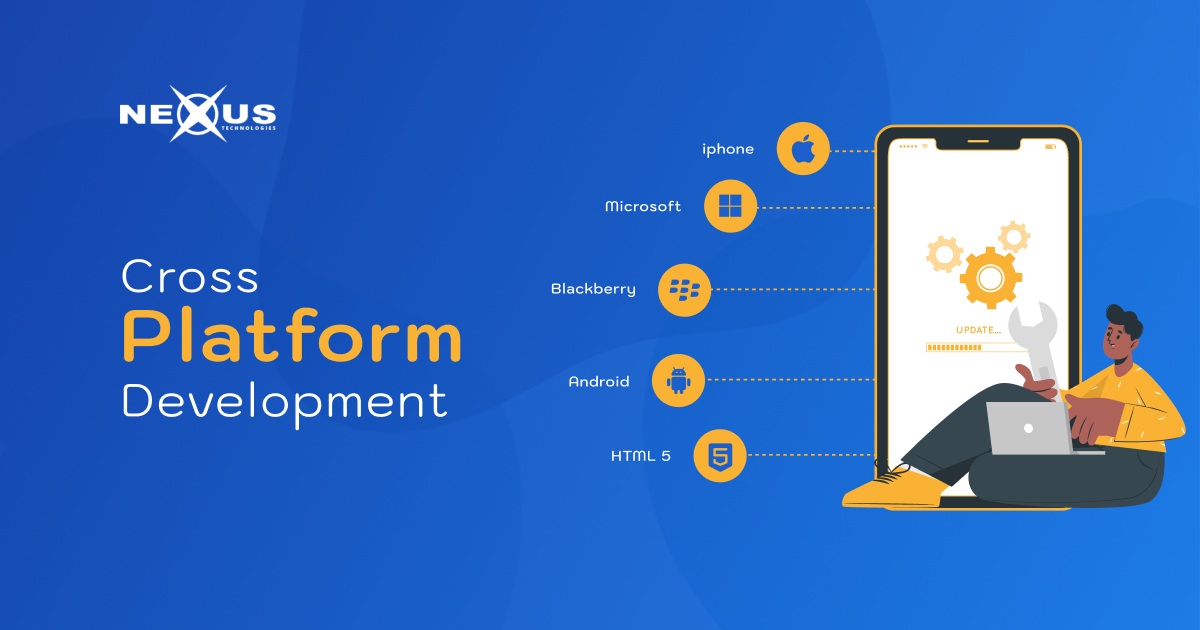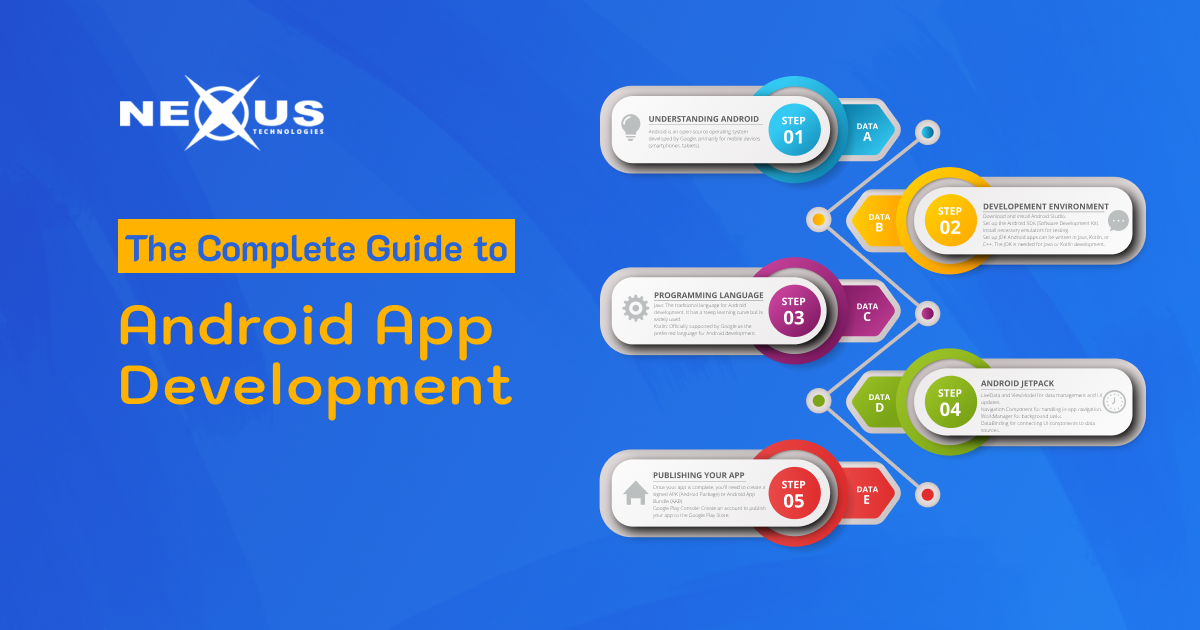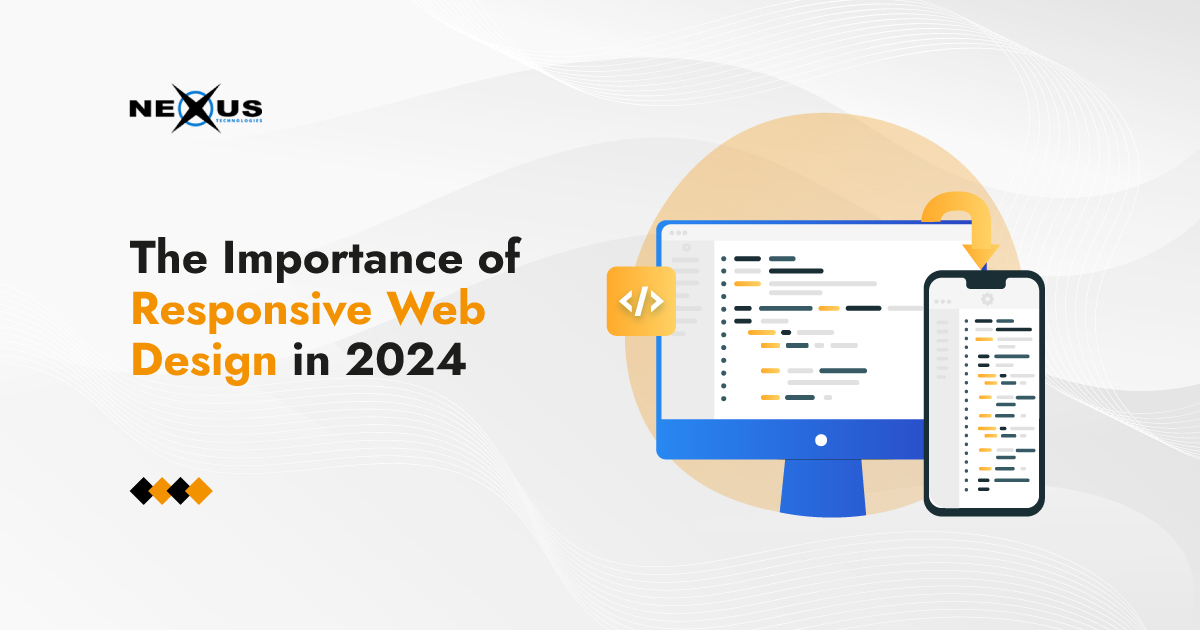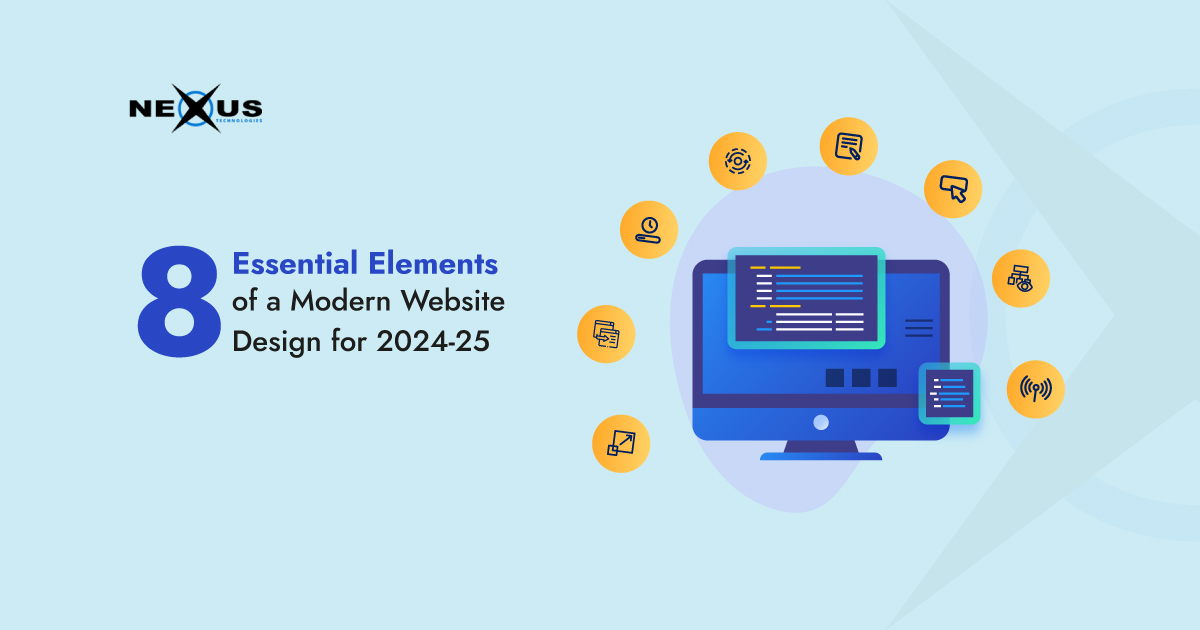In the ever-evolving world of web development, choosing the right framework can be a game-changer. Web development frameworks streamline the development process, making it easier to build robust, scalable, and maintainable applications. Whether you’re a seasoned developer or just starting, it’s important to stay up-to-date with the latest tools in the industry. Here’s a look at some of the top web development frameworks you should know about in 2024.
1. React (Frontend)
Developed by Facebook, React is one of the most popular JavaScript libraries for building user interfaces. It’s particularly well-suited for single-page applications (SPAs) where fast, dynamic user experiences are key. React is component-based, meaning it allows developers to create reusable UI components, which can significantly speed up the development process.
Why You Should Know It: React’s popularity and active community make it a must-learn framework for modern web development. Its component-based architecture also simplifies code maintenance.
Key Features:
- Component-based structure
- Virtual DOM for fast rendering
- Great for building SPAs
2. Angular (Frontend)
Angular, developed by Google, is a powerful frontend framework for building large-scale applications. Unlike React, which is a library, Angular is a full-fledged framework offering a complete solution for frontend development. It includes tools for two-way data binding, dependency injection, and routing, making it ideal for complex applications.
Why You Should Know It: Angular is widely used for enterprise-level applications due to its scalability and comprehensive toolset.
Key Features:
- Two-way data binding
- Built-in routing and form handling
- Strong TypeScript support
3. Vue.js (Frontend)
Vue.js has rapidly gained popularity for being a lightweight and flexible JavaScript framework. It combines the best features of both React and Angular, offering an approachable learning curve while still being powerful enough for complex applications. Vue is often praised for its ease of integration with existing projects, making it a favorite for developers looking for flexibility.
Why You Should Know It: Vue’s simplicity and versatility make it a great choice for both small and large projects.
Key Features:
- Easy to learn and integrate
- Reactive data binding
- Flexible and modular
4. Django (Backend)
For backend development, Django is one of the top choices, especially for Python developers. It’s a high-level web framework that encourages rapid development and clean, pragmatic design. Django comes with a lot of built-in features, including an admin panel, authentication, and an ORM (Object-Relational Mapping) system, making it easy to set up complex web applications.
Why You Should Know It: Django’s “batteries-included” philosophy saves time by providing all the necessary tools out of the box.
Key Features:
- Built-in admin panel and authentication
- ORM for database management
- Follows the DRY (Don’t Repeat Yourself) principle
5. Laravel (Backend)
Laravel is one of the most popular PHP frameworks, known for its elegant syntax and powerful features. It provides tools for routing, sessions, authentication, and caching, making it ideal for building web applications quickly. Laravel also has a vibrant ecosystem, including Laravel Forge for deployment and Laravel Nova for administration panels.
Why You Should Know It: Laravel’s rich feature set and extensive community support make it a top choice for PHP developers.
Key Features:
- Elegant syntax
- Built-in authentication and routing
- Artisan command-line tool
6. Express.js (Backend)
Express.js is a minimal and flexible Node.js web application framework that provides a strong foundation for building APIs and web applications. It’s highly favored for building server-side applications because it’s lightweight, fast, and unopinionated, allowing developers to customize the framework to their needs.
Why You Should Know It: If you’re working with Node.js, Express.js is a must-have for creating efficient and scalable web applications.
Key Features:
- Lightweight and unopinionated
- Supports middleware for easy extension
- Ideal for building RESTful APIs
7. Ruby on Rails (Backend)
Ruby on Rails, or simply Rails, is a popular server-side web application framework written in Ruby. Known for its simplicity and speed, Rails is a great choice for developers who want to get up and running quickly with a new web application. It’s particularly well-suited for startups and MVPs (Minimum Viable Products) because of its focus on convention over configuration.
Why You Should Know It: Rails accelerates development by providing ready-made components and conventions, reducing the need for boilerplate code.
Key Features:
- Convention over configuration
- Built-in ORM and routing
- Scaffolding to kickstart development
8. Flask (Backend)
For Python developers looking for a microframework, Flask is an excellent option. Unlike Django, Flask is lightweight and unopinionated, meaning it gives developers more flexibility to build their applications as they see fit. Flask is a great choice for smaller projects or applications where simplicity is key.
Why You Should Know It: Flask’s minimalistic approach makes it perfect for projects where you want more control over the components you use.
Key Features:
- Lightweight and flexible
- Easy to set up and use
- Ideal for small to medium-sized applications
9. ASP.NET Core (Backend)
ASP.NET Core is Microsoft’s modern, cross-platform framework for building web applications and APIs. It’s a high-performance framework that works across Windows, macOS, and Linux. ASP.NET Core is particularly suited for enterprise-level applications due to its scalability and strong security features.
Why You Should Know It: ASP.NET Core is a great option for developers working in enterprise environments, especially those familiar with the Microsoft ecosystem.
Key Features:
- Cross-platform support
- High performance
- Built-in security features
10. Svelte (Frontend)
Svelte is a relatively new frontend framework that has gained a lot of attention for its innovative approach. Unlike React or Vue, Svelte shifts much of the work to compile time, resulting in faster runtime performance and smaller bundle sizes. It’s quickly becoming a favorite for developers who want high-performance web applications with minimal overhead.
Why You Should Know It: Svelte offers an exciting new paradigm for building web applications with less code and faster performance.
Key Features:
- Compiles code at build time
- Minimal runtime overhead
- Highly performant
Conclusion
With so many web development frameworks available, choosing the right one depends on your project requirements and personal preferences. Whether you’re building a small website or a large-scale web application, understanding the strengths and weaknesses of different frameworks will help you make an informed decision.
Looking to start a web development project? We specialize in building modern, responsive websites using the latest frameworks. Contact us today to discuss your web development needs!

